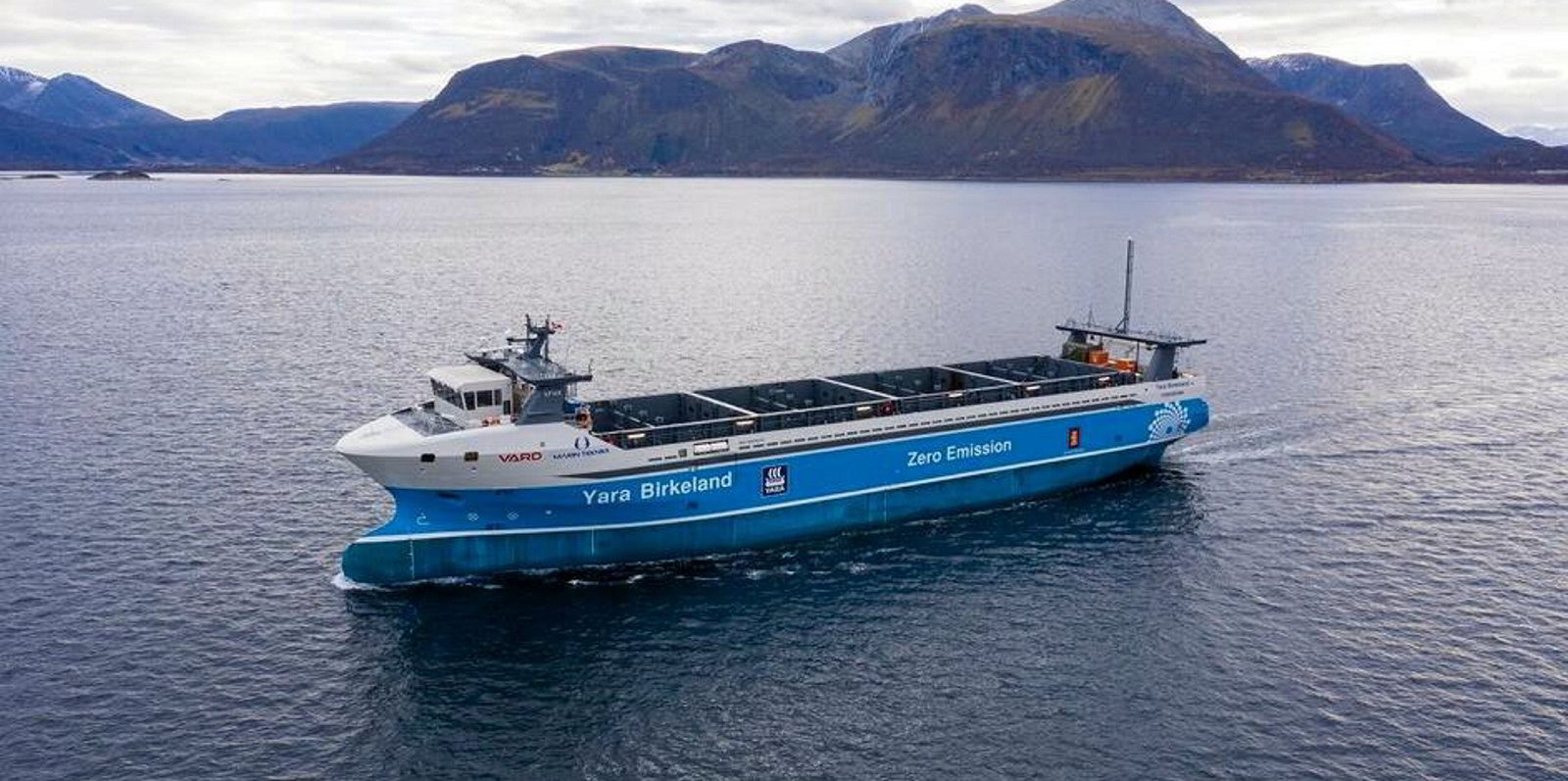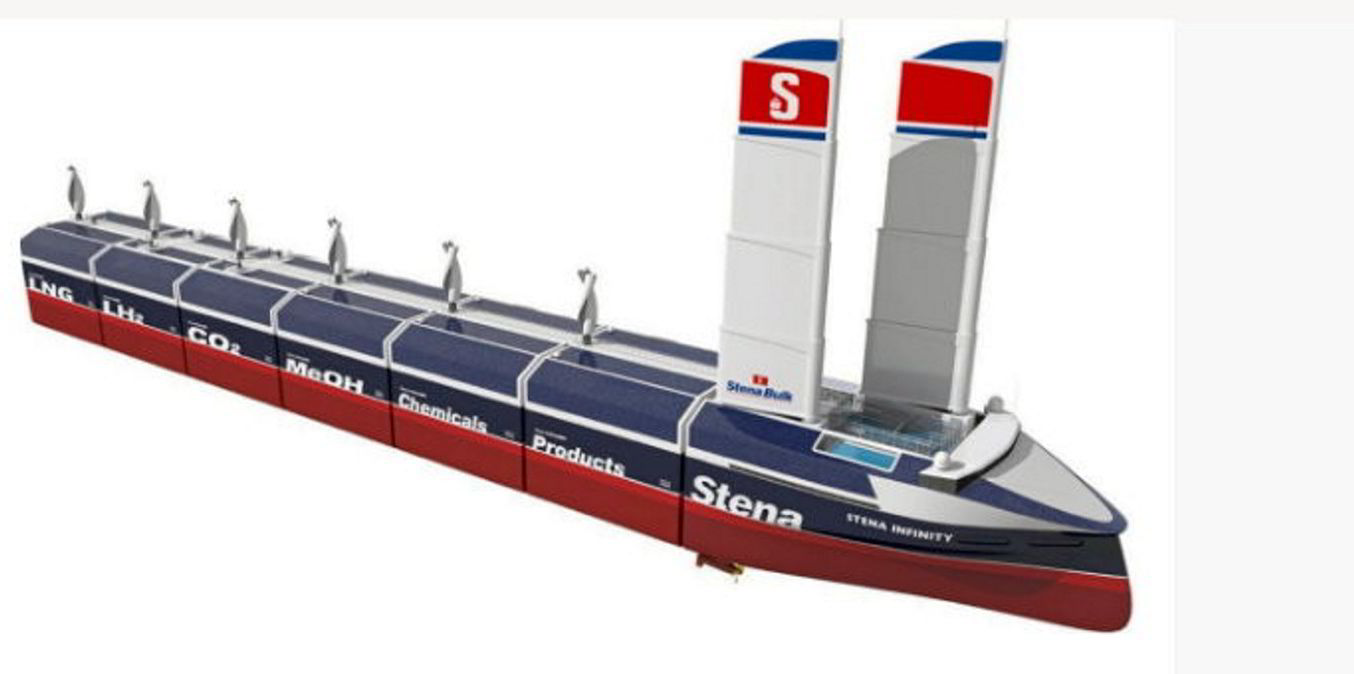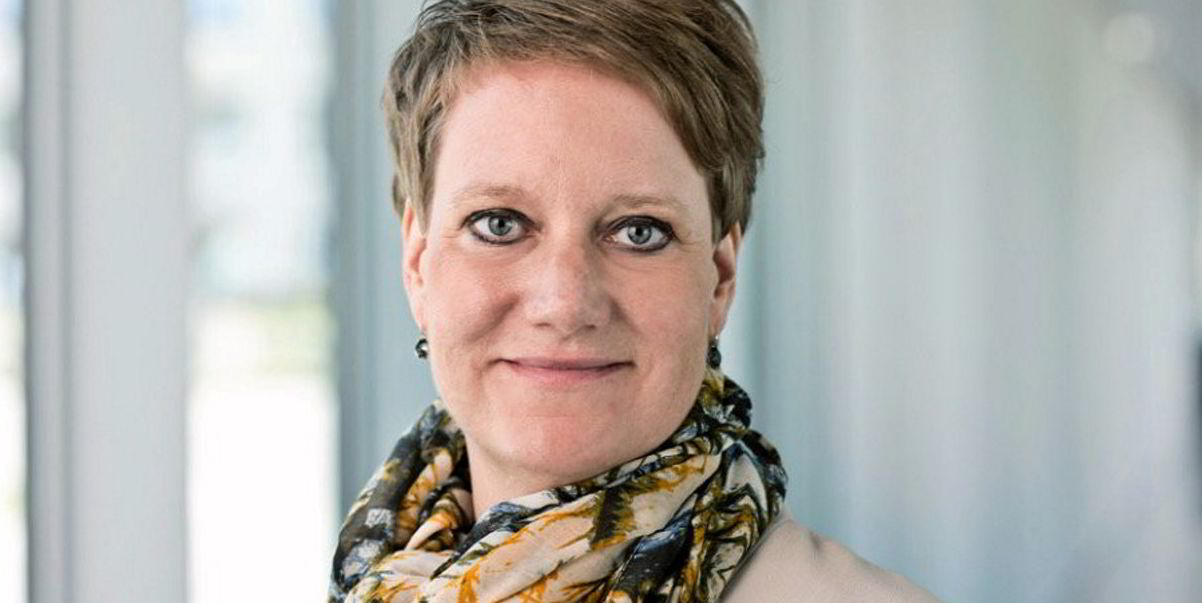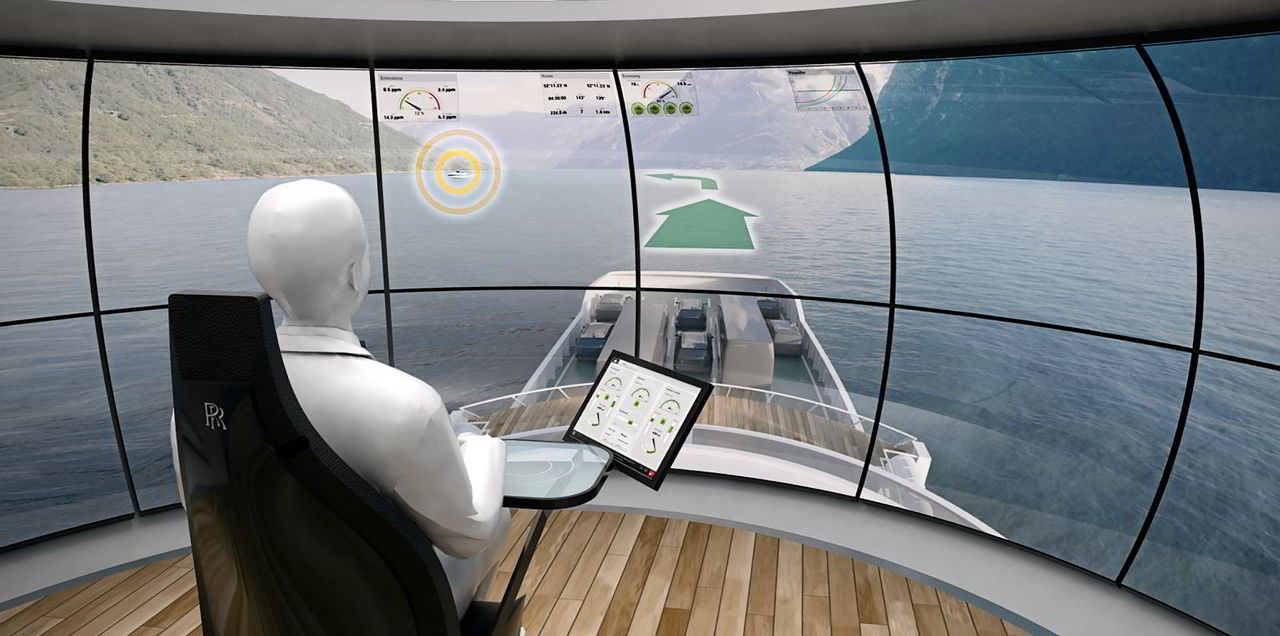SeaBot XR is joining forces with industry leaders to give seafarers the skills to handle changes brought about by autonomous vessel systems.
The maritime training company is teaming up with the UK’s Royal Navy and National Oceanography Centre, offshore vessel owner Fugro and marine robotics company Ocean Infinity. Protection and indemnity insurance provider Shipowners’ Club will also participate.
The “trailblazer working group” will develop an apprenticeship route for remote and autonomous maritime operations, both above and below the surface. This will help newcomers enter the industry, as well as update existing skills, SeaBot XR said.
Training will focus on 24-metre to 36-metre vessels initially.
The company stressed that skilled professionals will always be needed on board or onshore.
Chief operating officer Ifor Bielecki told TradeWinds the apprenticeship scheme is a response to growing maritime autonomy. “There’s no regulation,” he said. “It’s a little bit Wild West out there.”
Bielecki said flag states are “doing their thing”, while plenty of work is going on at the International Maritime Organization.
But, he warned, this will take years to formalise, and the technology is moving forward so fast that shipping runs the risk of encountering problems if something is not done to provide people with the necessary skills.
“The minute you have incidents or accidents, people could say it’s too risky or too dangerous,” Bielecki added.
Standards and training courses are being developed by SeaBot XR as part of migrating Fugro’s workforce onshore.
“Let’s build a head of steam in the UK and push it out internationally. Everybody’s been running around with their hair on fire, saying, ‘What do we do, what do we do?’” Bielecki added.
Chief executive Gordon Meadow added: “It’s very exciting. Of course it is, it’s technology, it’s cool.”
Meadow identified “a skills paradigm shift towards the connected mariner”.
“However, there is a lack of awareness about the skills gap in the maritime industry that will need to be filled as the implementation of autonomous and remote vessel technology is expanded,” he added.
The work will be supported by the Institute for Apprenticeships & Technical Education.
Initially, the group will identify the basic skills and competencies an individual will require to safely navigate, control and manage small to medium-sized maritime autonomous surface ships (MASS).
SeaBot XR is already working with Fugro and the Maritime & Coastguard Agency as founding members of MASSPeople, launched in February as an training standard working group consisting of representatives from European and international maritime authorities.







